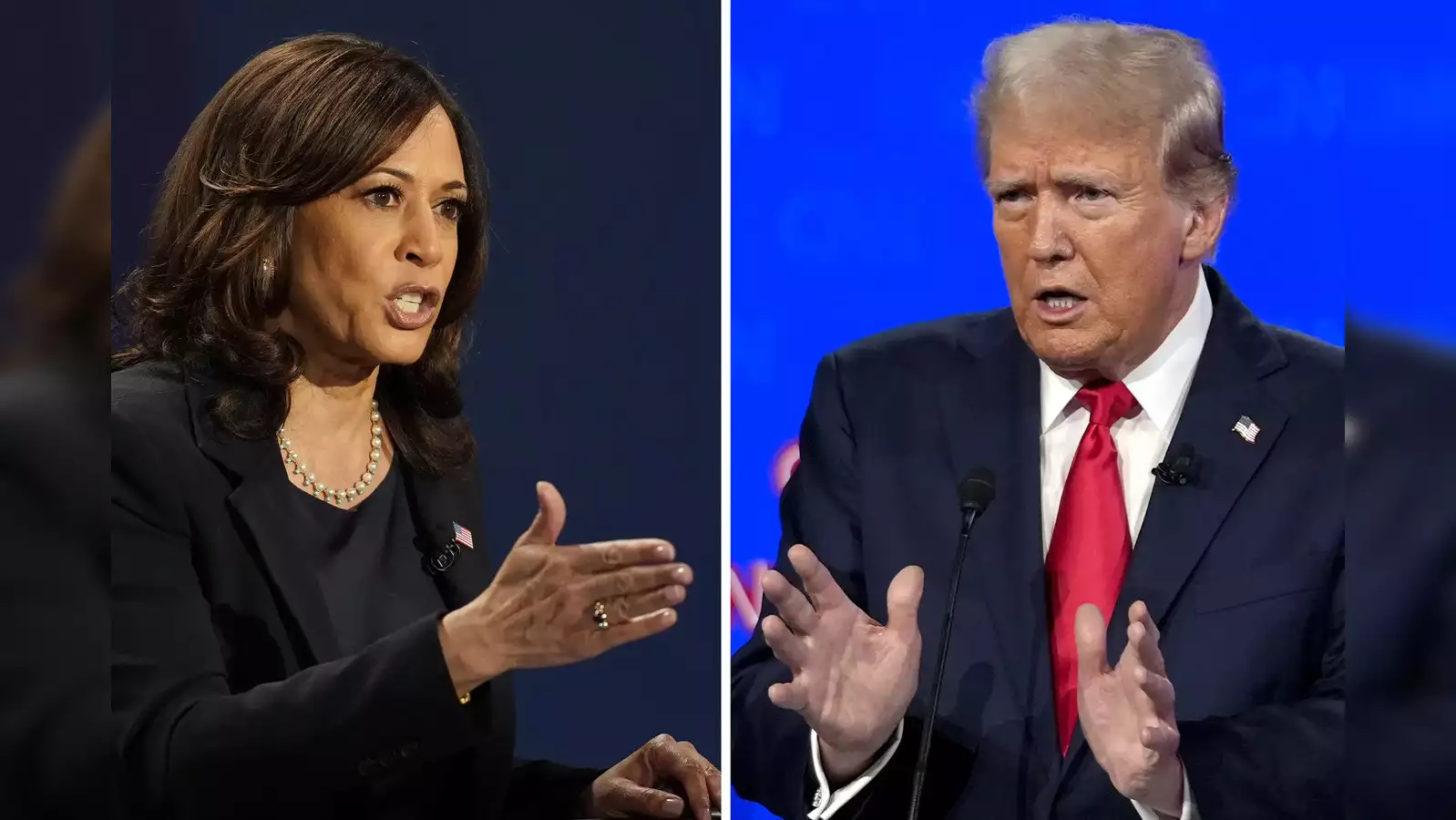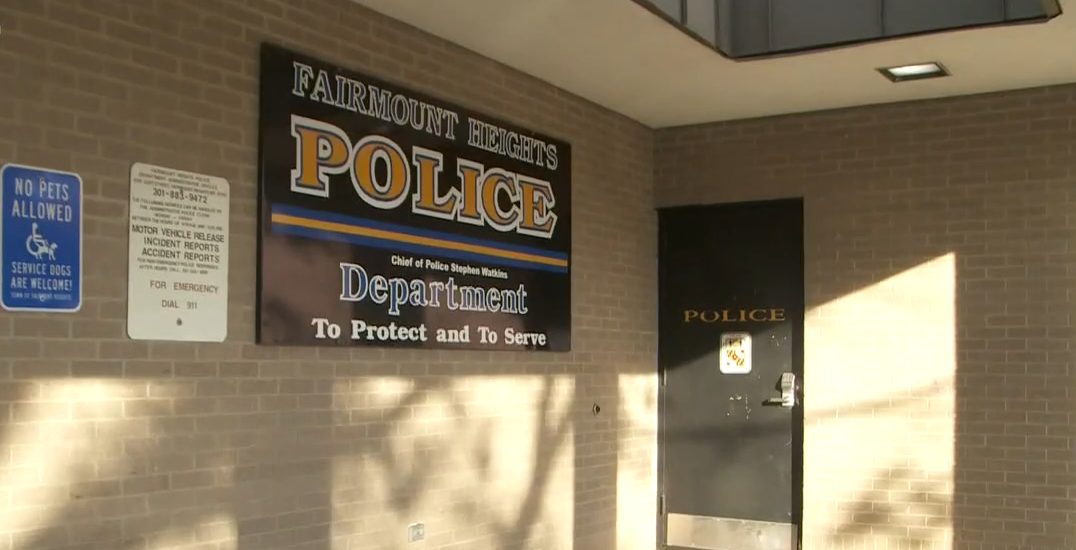But the United Nations in a statement issued to The Black Star News makes it clear it has no doubt about the LRA’s responsibility for the massacres
[Global: African Conflict]
In mid-December, more than two years of negotiations between the Lord’s Resistance Army and the Uganda government to end 23 years of warfare came to a resounding end when Uganda launched an aerial attack on rebel hideouts in Congo’s Garamba region.
Massacres of Congolese civilians followed shortly, with each side blaming the other for the killings; the UN blames the LRA for the mass murders.
“LRA leaders were indicted for crimes committed in northern uganda, long before they settled in the drc,” a UN spokesman emphasized, today. Moreover, an “evaluation” team has already toured the area where people were murdered, adds the UN.
Uganda says the peace talks were all but dead since the LRA leader Joseph Kony has on numerous occasions reneged on his promise to sign a final peace deal.
The Uganda government’s own commitment to peace talks had alway been in doubt. Jan Egeland, the former United Nations Under-Secretary General for Humanitarian Affairs, in his book “A Billion Lives: An Eye Witness Report From The Frontlines Of Humanity,” (Simon & Schuster, 2008), quotes Uganda president Yoweri Museveni as saying: “Let me be categorical–there will only be a military solution to this problem.” Museveni has never denied the statement.
Kony, who has been indicted on war crimes charges by the International Criminal Court (ICC), has on various occasions asked for the indictment to be lifted before he inks a deal.
Uganda says during the December aerial attack, its forces routed the LRA with bombardment and since then, Uganda says, the LRA has been committing atrocities, killing innocent Congolese civilians in retaliation.
An estimate by the United Nations of civilians killed has reached 900.
In a telephone interview with The Black Star News, a spokesman for the LRA, has called for an independent investigation of the massacres, to include Congo government ministers and other entities apart from the UN.
“We categorically deny those allegations,” Alex Oloya, the LRA spokesman says, of the mass killings attributed to the LRA. “Kony himself has indicated his position and whereabouts. The LRA is not in the area. That can be confirmed by Riek Machar.” He said the LRA wants a comprehensive investigation.
Machar is Vice President of the autonomous Southern Sudan; he has been the mediator of the peace talks between the LRA and Uganda government.
“We have been in Congo for two years and not killed civilians. Why now? They are not our enemy,” Oloya says.
He says a previous massacre attributed to the LRA, including in Southern Sudan last year, was later said by South Sudan authorities to have been committed by Uganda troops.
“Ask Riek Machar,” Oloya says. “He will also tell you that LRA did not commit the massacres.”
Machar could not be reached on his satellite telephone by The Black Star.
But the United Nations in a statement issued to The Black Star News makes it clear it has no doubt about the LRA’s responsibility for the murders. “According to the first evaluations and the most credible estimates of the UN Office for the Coordination of Humanitarian Affairs (OCHA), the LRA attacks have left 900 people dead and 130,000 displaced, with over 8,000 Congolese living as refugees in South Sudan,” the statement reads.
“In an apparent desperate attempt to escape and on the search for food to survive, the rebels have intensified their slaughter of Congolese civilians, with attacks recorded in the villages of Tomati, Sambia and Durba,” the UN says. “These attacks have in general worsened the security and humanitarian situation, MONUC underlines.”
MONUC is the acronym for the UN’s mission in Congo.
“Under these conditions, local civil society organizations have called for increased protection for the population, and has demanded the Congolese government to act quickly to reinforce their security forces -army and police- in the districts of both Haut Uélé and Bas Uélé,” the UN statement says, adding, “Civil society representatives have also asked for the communications tools to have an early warning system, in the event of an imminent or latent LRA threat.”
The evaluation team included MONUC, UN humanitarian agencies, the Catholic NGO Caritas and two Ministers from the provincial government, the UN statement says.
The LRA’s Oloya claims that there have been three major battles between the Ugandan army and the LRA.
He claims also that this past Tuesday, the Ugandan army set an ambush intended for the LRA but ended up battling with soldiers of the Southern Sudan government.
Since the December aerial attack, Oloya claims, the LRA has shot down six Ugandan aircraft. “Ask them what happened to their planes,” Oloya adds.
Uganda media have only reported the loss of one aircraft and have not attributed the loss to enemy fire. These LRA claims cannot be verified and may be propaganda; both sides have engaged in deception.
Oloya claims it was Uganda’s defeated troops that are responsible for the killings. “His soldiers are killing in the same manner and pattern as before,” Oloya says, referring to previous massacres allegedly committed by Uganda president Yoweri Museveni’s troops when his army occupied eastern Congo.
[The International Court Of Justice (ICJ) found Uganda liable for war crimes and destruction in Congo in a 2005 ruling; Uganda was ordered to pay $10 billion in compensation. The ICC is investigating the same alleged crimes, according to The Wall Street Journal.]
“He is using the United Nations. He has managed to manipulate them into saying the LRA is doing this,” Oloya said, referring to statements by the UN attributing the killings to the LRA. “The United Nations must desist from accepting such information from the,” Uganda army, he said.
“There is a purpose for why Museveni is creating this situation,” he added. “He wants to create another front for Nkunda and control the entire mineral deposit in the area. He is not interested in peace talks.”
The reference is to Laurent Nkunda, whose rebel army has been accused of massacres in eastern Congo; Nkunda’s military chief of staff already has been indicted by the ICC.
Nkunda, once backed by Uganda, was most recently supported by Rwanda, the UN reported. (It was reported today that Rwanda has arrested Nkunda; Congo has asked that he be extradited).
Oloya declined to disclose Kony’s whereabouts. He said he was in communication with him. He said the LRA has “heavy weapons.” He declined to say what type of arms were used to down the planes he claimed were shot or to disclose where the weapons came from.
He claims that in one battle the LRA nearly captured Muhoozi Keinarugaba, Museveni’s son, and a senior army officer.
Oloya claims the December Uganda aerial attack on the LRA’s Garamba positions came after one of their peace negotiators had called Kony several times, from Ugandan army intelligence headquarters, allowing the army to map Kony’s location.
“They were mapping where Kony was; his movements,” Oloya said.
Oloya said all past negotiators that had represented the LRA in peace talks with the Uganda government, including Nyekorach Matsanga, had been dismissed by Kony.
















